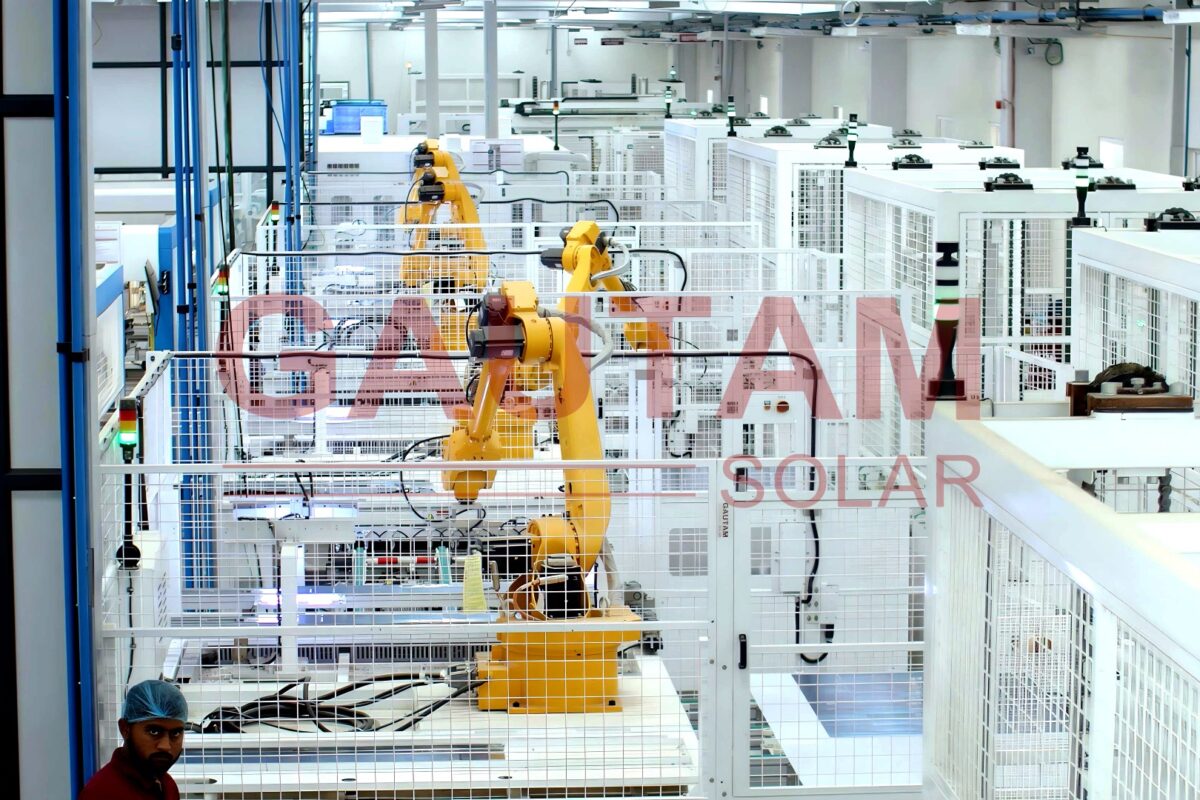On Wednesday, March 28, the reverse auction for 500 MW of solar PV in Gujarat witnessed a winning tariff of INR 2.98 ($0.046)/kWh, significantly increased from one of the lowest tariffs recorded in September last year, which was 2.65($0.0406)/kWh. The tariff is quoted by state-owned Gujarat State Electricity Corporation (GSEC) Ltd winning 150 MW, the Financial Express has reported.
However, the lowest bid in the auction was also quoted by Ahmedabad-based Kalthia Engineering, securing 50 MW. The increased rate in bids is credited to the uncertainties hovering over the Indian solar market due to the upcoming safeguard duty and anti-dumping duty (ADD).
Out of the rest of the capacity, 100 MW and 200 MW has been won by ACME Solar and Azure power respectively, by quoting INR 3.06 ($0.047)/kWh each.
As mentioned during the tender release by Gujarat Urja Vikas Nigam Ltd (GUVNL), the additional 500 MW capacity through the greenshoe option may be offered to participating bidders, who are willing to execute PPAs with GUVNL at the lowest tariff, i.e., now INR 2.98/kWh.
Interestingly, the greenshoe option is understood to be available only to companies that do not make it to the final list of bidders in the first auction. Gujarat is one of the few states over the last two or three years where the actual payment cycle by the distribution utilities to renewable power producers, is within the prescribed timelines, finds the local newspaper.
This content is protected by copyright and may not be reused. If you want to cooperate with us and would like to reuse some of our content, please contact: editors@pv-magazine.com.







By submitting this form you agree to pv magazine using your data for the purposes of publishing your comment.
Your personal data will only be disclosed or otherwise transmitted to third parties for the purposes of spam filtering or if this is necessary for technical maintenance of the website. Any other transfer to third parties will not take place unless this is justified on the basis of applicable data protection regulations or if pv magazine is legally obliged to do so.
You may revoke this consent at any time with effect for the future, in which case your personal data will be deleted immediately. Otherwise, your data will be deleted if pv magazine has processed your request or the purpose of data storage is fulfilled.
Further information on data privacy can be found in our Data Protection Policy.